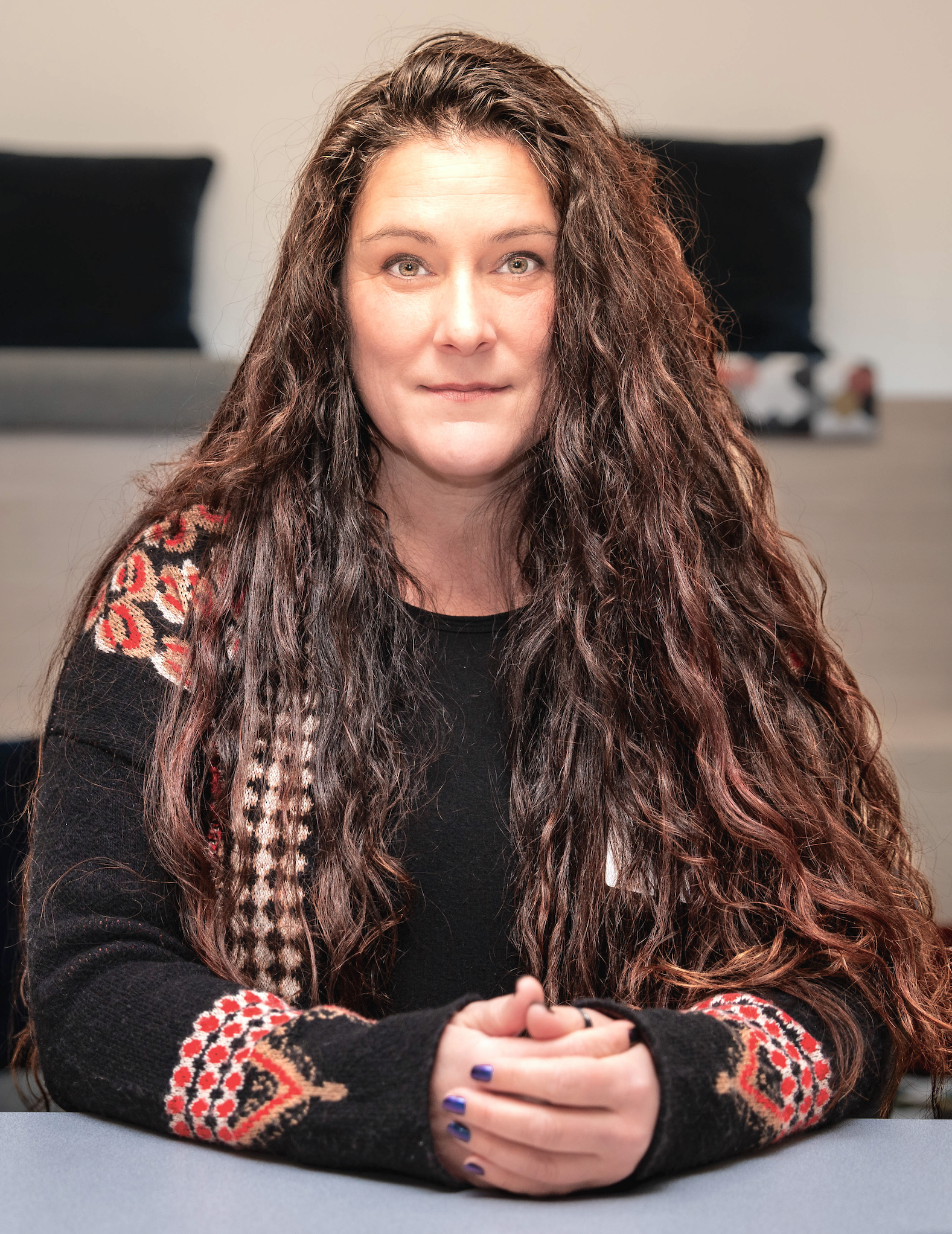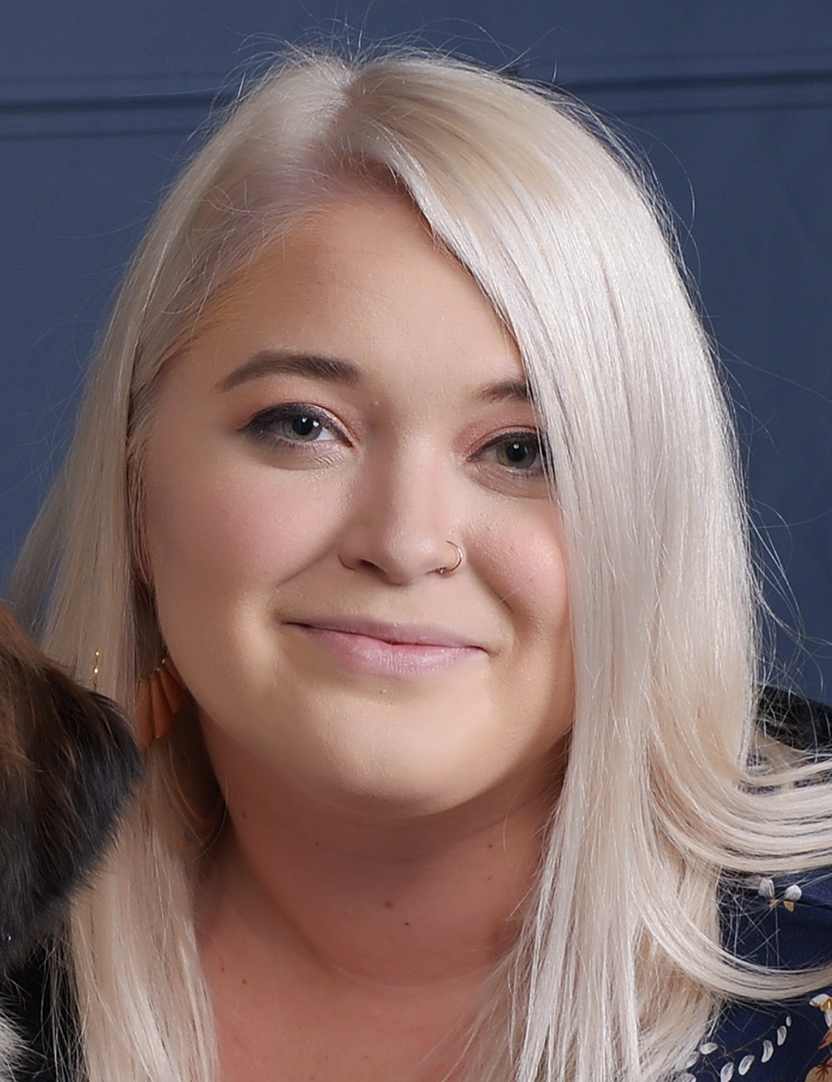About the Authors
Jennifer Puentes
Jennifer Puentes, Associate Professor of Sociology at Eastern Oregon University, received Ph.D. and M.A. degrees from Indiana University-Bloomington. Dr. Puentes has been teaching since 2008. The classes she teaches include general sociology, gender and power, theory, research methods, inequality and diversity, social psychology, sociology of food, and families. She enjoys finding ways to highlight students’ voices in her classrooms. Her research examines the production of gender, social inequalities, and culture within the context of higher education. Dr. Puentes’ current research explores how gender, class, student peer culture, and the organization of culinary arts programs shape students’ educational experiences and understandings of the culinary field. She has additional interests in the relationship between the intersections of race, class, and gender with culture.
Matthew T. Gougherty
Matt Gougherty is an Assistant Professor at Eastern Oregon University. He completed his doctorate in sociology from Indiana University in 2016, his master’s in sociology from Indiana University, and his bachelor’s in sociology and political science from the University of Michigan-Dearborn. He has previously taught at Whitman College, Yakima Valley College, and Indiana University-Purdue University-Indianapolis. His research focuses on how masters of public affairs (MPA) students understand and construct professionalism. He is interested in the sociology of culture, race/class/gender, social theory, and organizations.
Contributing Authors
Aimee Samara Krouskop

Aimee Samara Krouskop, M.A. (she/her), teaches sociology at Portland Community College and provides consultation to leaders advancing social and environmental change. Her early research (1997–2000) focused on issues of human rights at the U.S.-Mexico border with the University of Houston’s Center for Immigration Research and the impacts of fair trade among Indigenous communities in Guatemala as a Fellow with the InterAmerican Foundation. Aimee’s teaching and writing are informed by her professional work in the United States on public participation and civil rights at the intersection of government, the private sector, and civil society, and in Latin America on human rights protection and humanitarian assistance in conflict, post conflict, and emergency relief areas by grassroots resistance organizations and the United Nations. Aimee’s current area of study and professional focus is amplifying Indigenous knowledge, protecting Indigenous rights, and the value of both in defending and restoring our most vulnerable ecosystems.
Sonya James

Sonya James is an instructor of Sociology and Human Development Family Studies, academic advisor, and licensed clinical social worker with over a decade of experience in higher education. She holds a Master’s degree in Social Work and is passionate about supporting students’ holistic development. When not guiding students through their academic journeys, Sonya enjoys hiking, reading, hanging out with her grandpuppies and volunteering with incarcerated individuals seeking education.
Alexandra Olsen

Alexandra G. Olsen, Ph.D. (she/her), is currently a professor of sociology and human services at Umpqua Community College. She has a Ph.D. and M.A. from the University of California, Irvine in sociology. Her past research has covered topics including adverse childhood experiences, harm reduction, changes in addiction treatment practices over time (including the development of trauma informed practices), and social change.
Heidi Esbensen

Heidi Esbensen is the lead author of Sociology of Gender: An Equity Lens, as well as a contributing author to Chapter 10 of this text. Heidi holds master’s degrees in sociology from Portland State University, with a focus on gender, sexuality, and families/parenting, and in education from City University of Seattle, with a focus on special education in behavioral analysis and reading interventions. Heidi has taught as an adjunct professor of sociology for 10 years at multiple higher-education institutions and works as a special education teacher in amiddle school. She has raised two wonderful children on her own while earning these degrees, working, and writing sociology texts. They all play music, love the outdoors, and are involved in social justice work for LGBTQ2SIA+ populations. Heidi is also the board chair of a local nonprofit organization, Bridging Voices, a queer youth choir that celebrates and supports queer youth through the love of music and activism in the community.
Nora Karena

Nora Karena (she/her), who identifies as White, is an antiracist educator, researcher, consultant, and writer with expertise in nonprofit service delivery, sexual violence, homelessness, and child welfare. In her research, Nora interrogates White racial formation and White supremacy. In her classroom, she points her students toward the scholarship of women, people who identify as LGBTQIA+, and People of the Global Majority to engage them in questions of identity, power, and meaning. As a consultant and trainer, she champions the operationalization of antiracist policies and ideas that prioritize the well-being of people most impacted by systems of oppression. She has a B.A. in social and behavioral sciences from Linfield College and an M.A. in cultural studies from the University of Washington Bothell.

